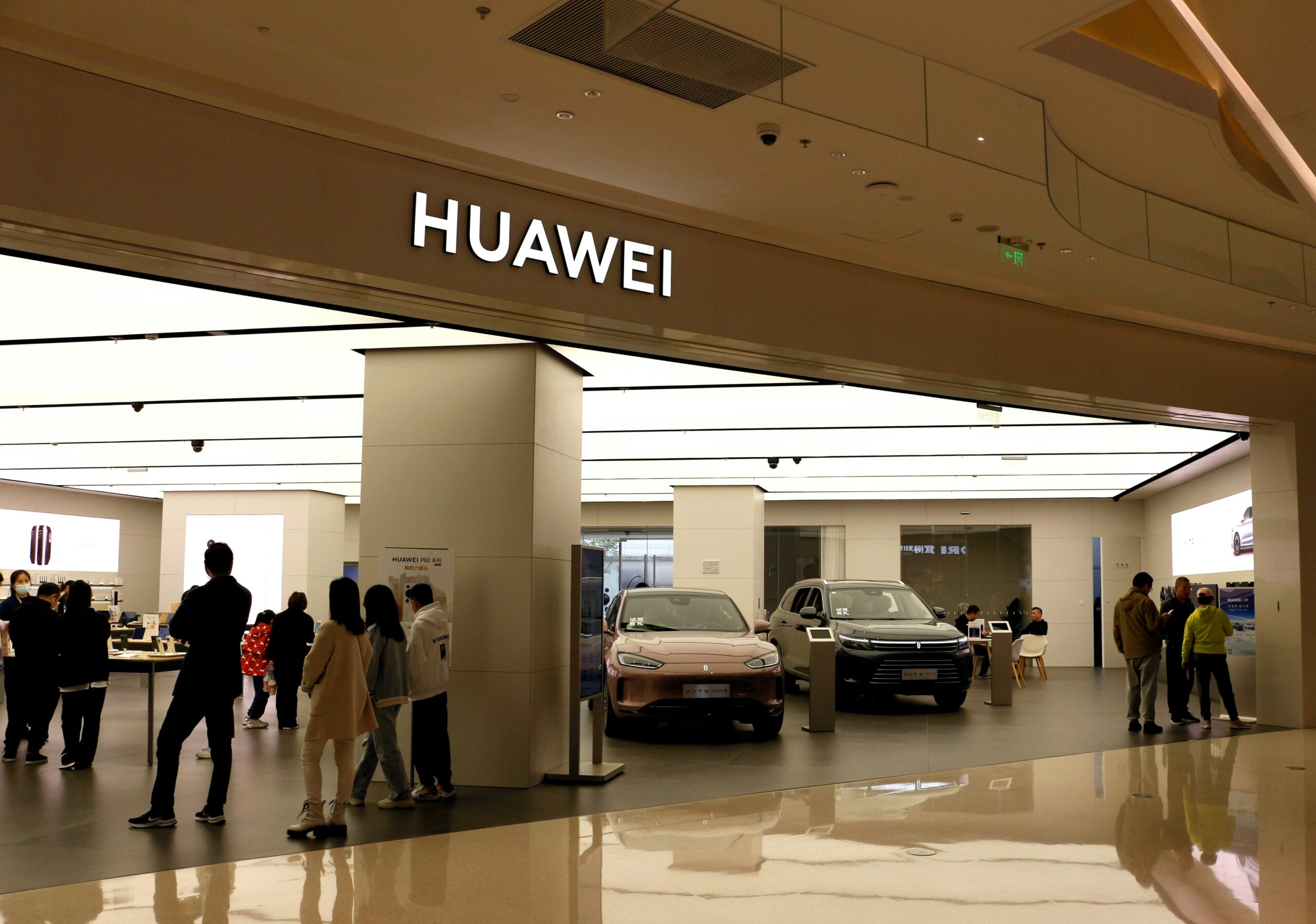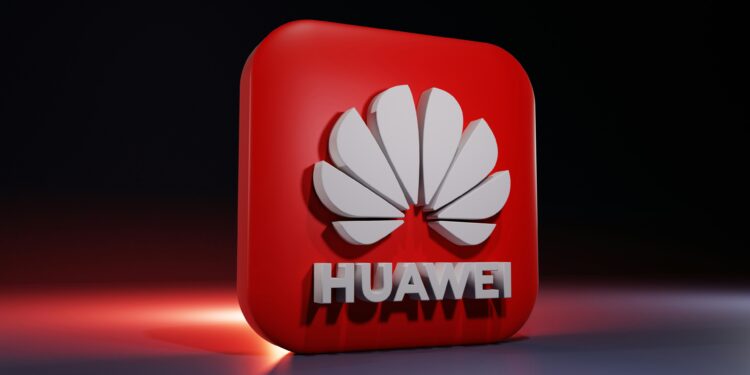In a direct escalation of the tech cold war, a powerful bipartisan duo has unveiled a legislative bombshell designed to shatter China’s ability to dominate critical technology, a move that could permanently sever Huawei’s lifeline to American chips and cripple the telecom giant for good.
The bill, drafted by Senator Elizabeth Warren (D-MA) and Senator Rick Scott (R-FL), takes direct aim at the Commerce Department, accusing it of creating “monopoly licenses” that “exacerbate economic and security vulnerabilities.” The legislation would force the agency to end its practice of picking winners and losers, a system that previously allowed Intel and Qualcomm to sell to Huawei while blocking rivals like AMD—a favoritism the Biden administration was later forced to revoke.

The new law would mandate a “competitive market review” for any export license, preventing any single U.S. company from becoming the sole supplier to a heavily sanctioned entity like Huawei. This closes a critical loophole, ensuring that if one company is blocked from selling a critical component on security grounds, no other American firm can step in to take its place, effectively locking Huawei out of the U.S. tech ecosystem.
Why It Matters
To start with, this is an economic kill shot. For years, Huawei has survived by playing one American chipmaker against another, leveraging bureaucratic loopholes to access the technology it desperately needs. This bill slams that door shut, systematically cutting off the company’s oxygen supply.
By moving to a system of collective blockade, the U.S. is finally weaponizing its entire tech sector as a unified front against Beijing. The message is clear: in the war for technological supremacy, there are no more American competitors, only a single American team. This is the legislative equivalent of scuttling your own ships to blockade a harbor—a drastic measure that shows just how far Washington is willing to go to ensure Huawei is neutralized.

















